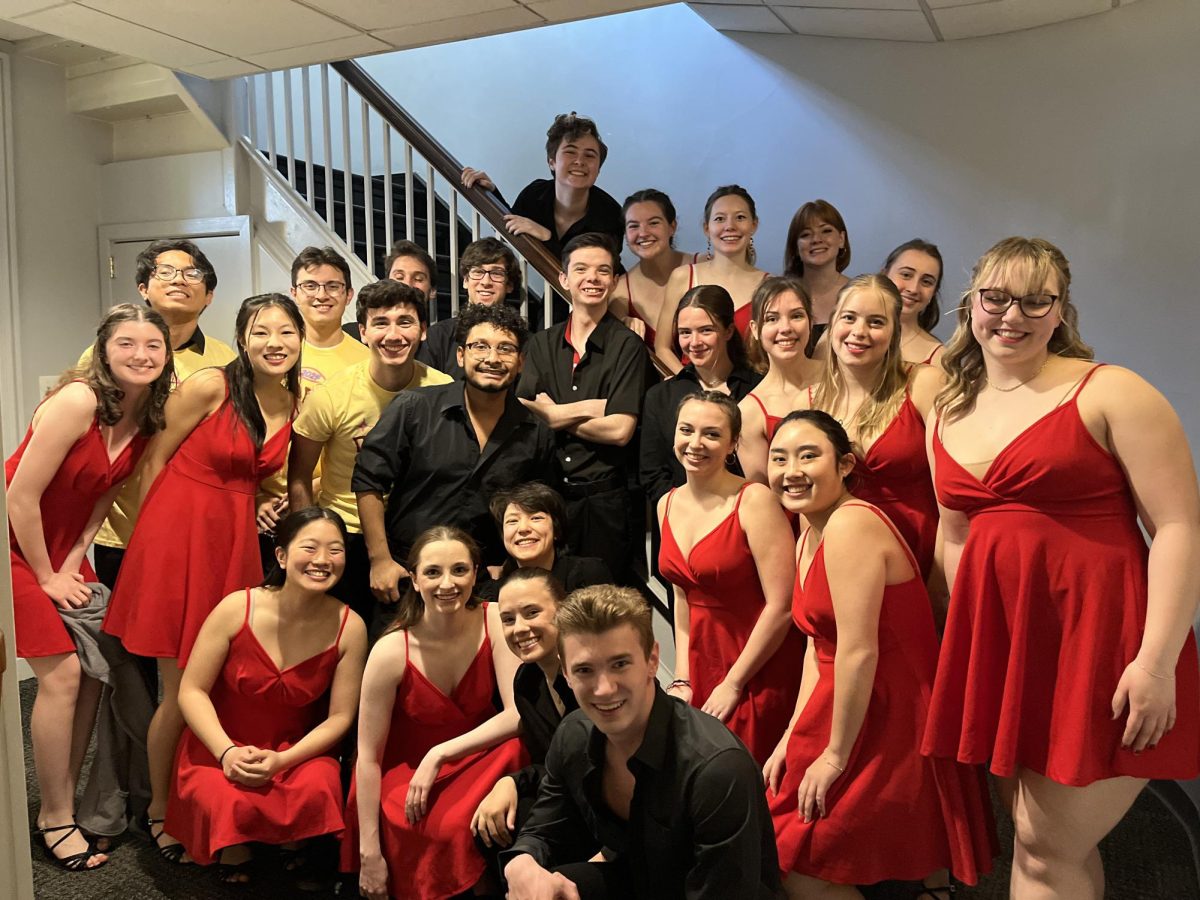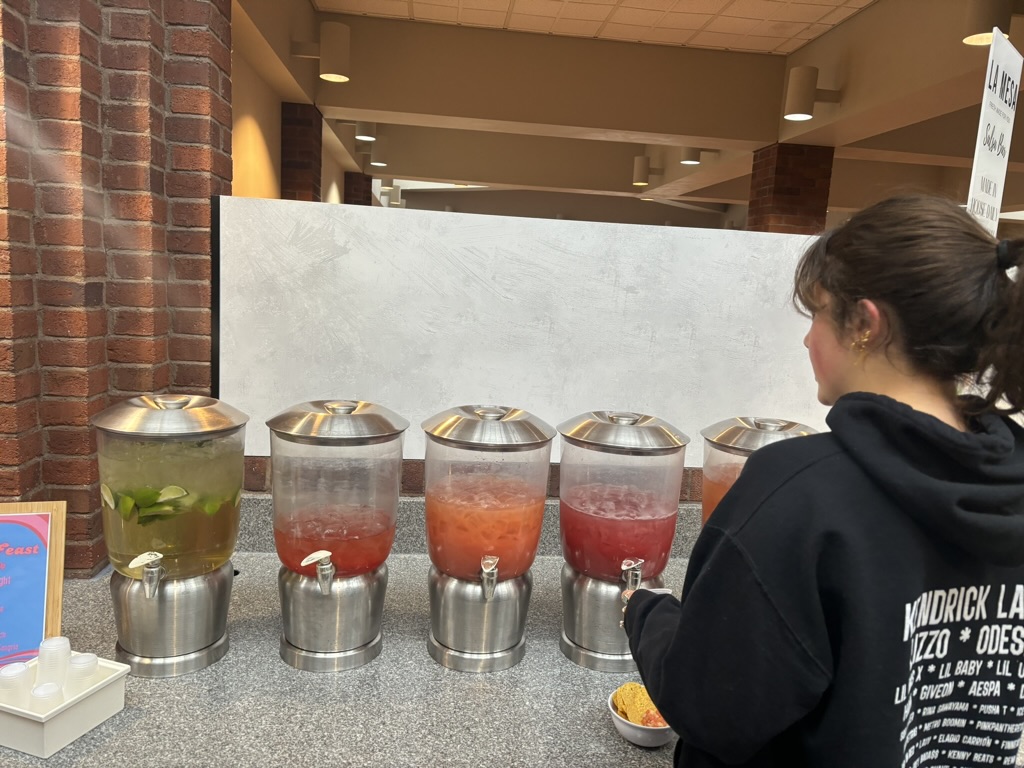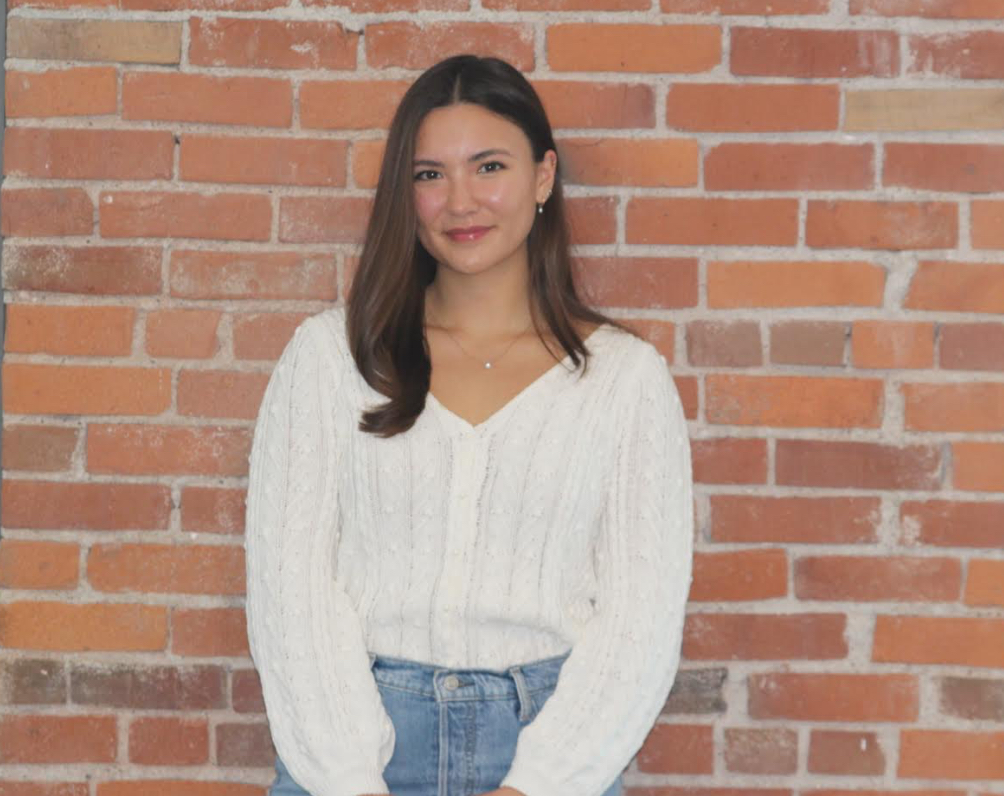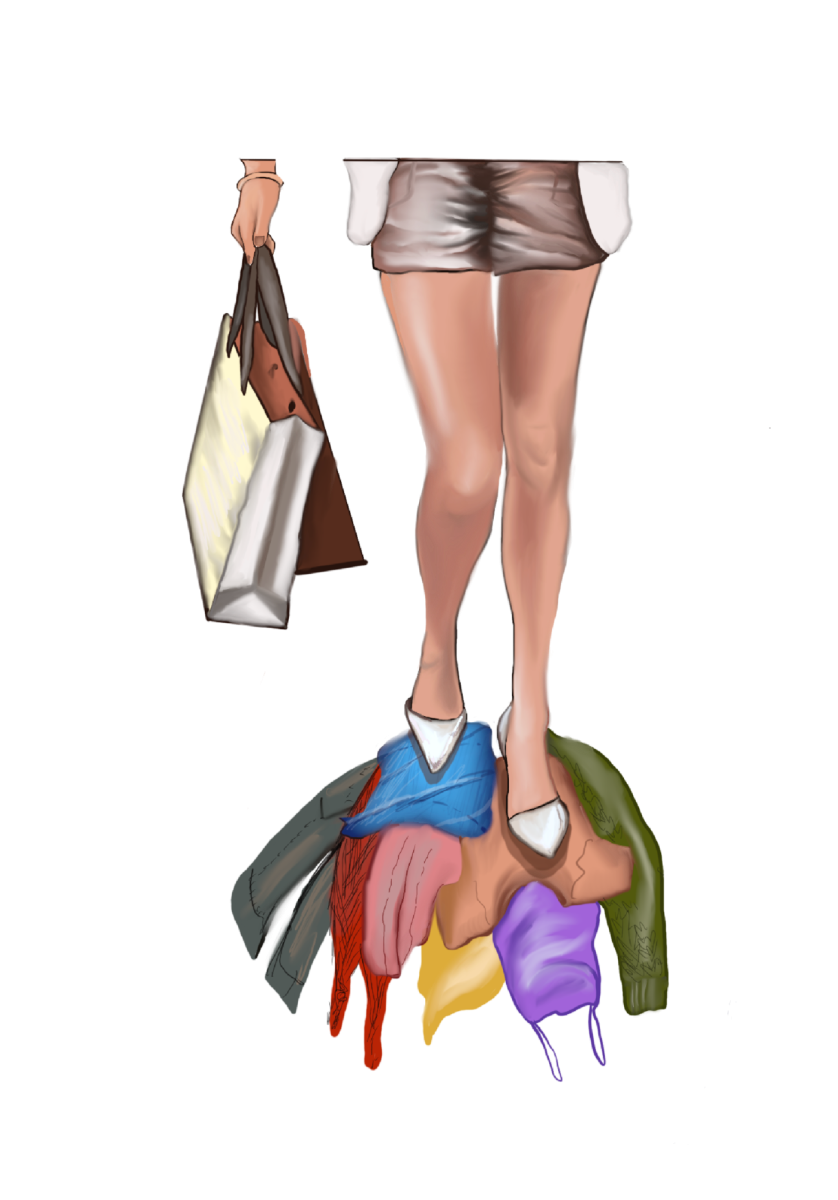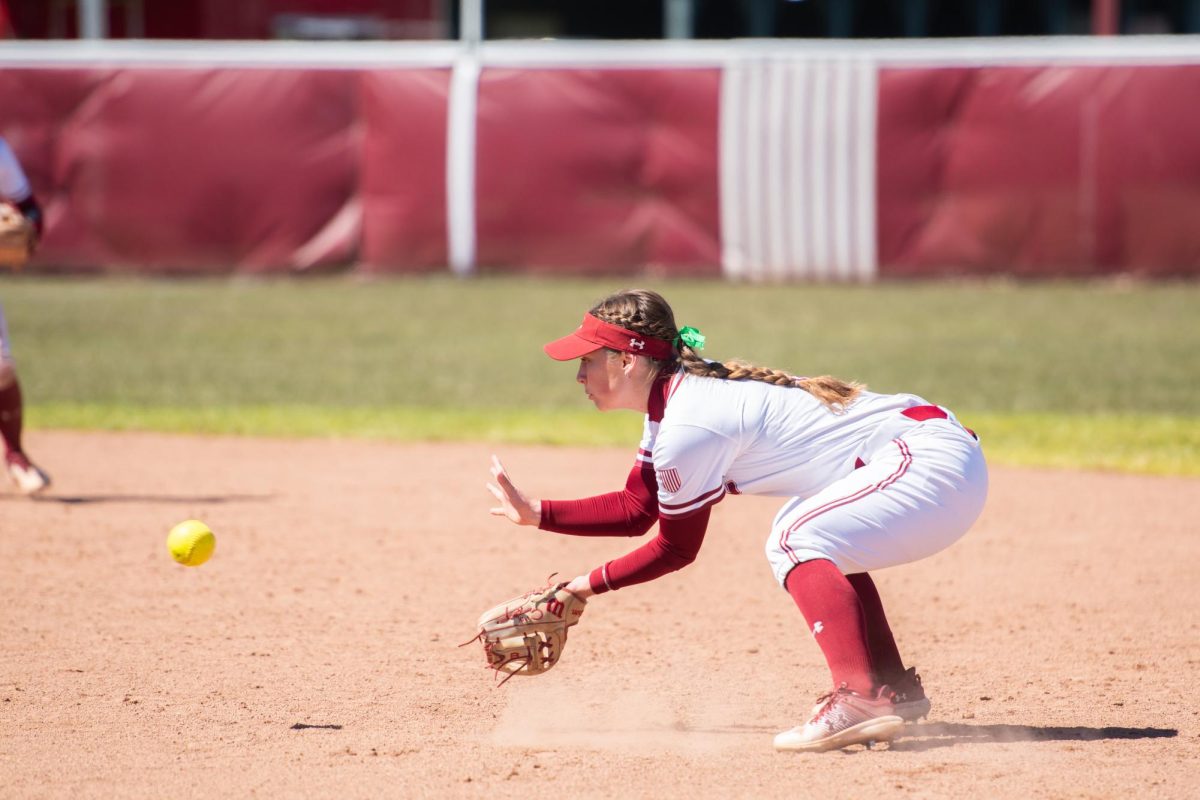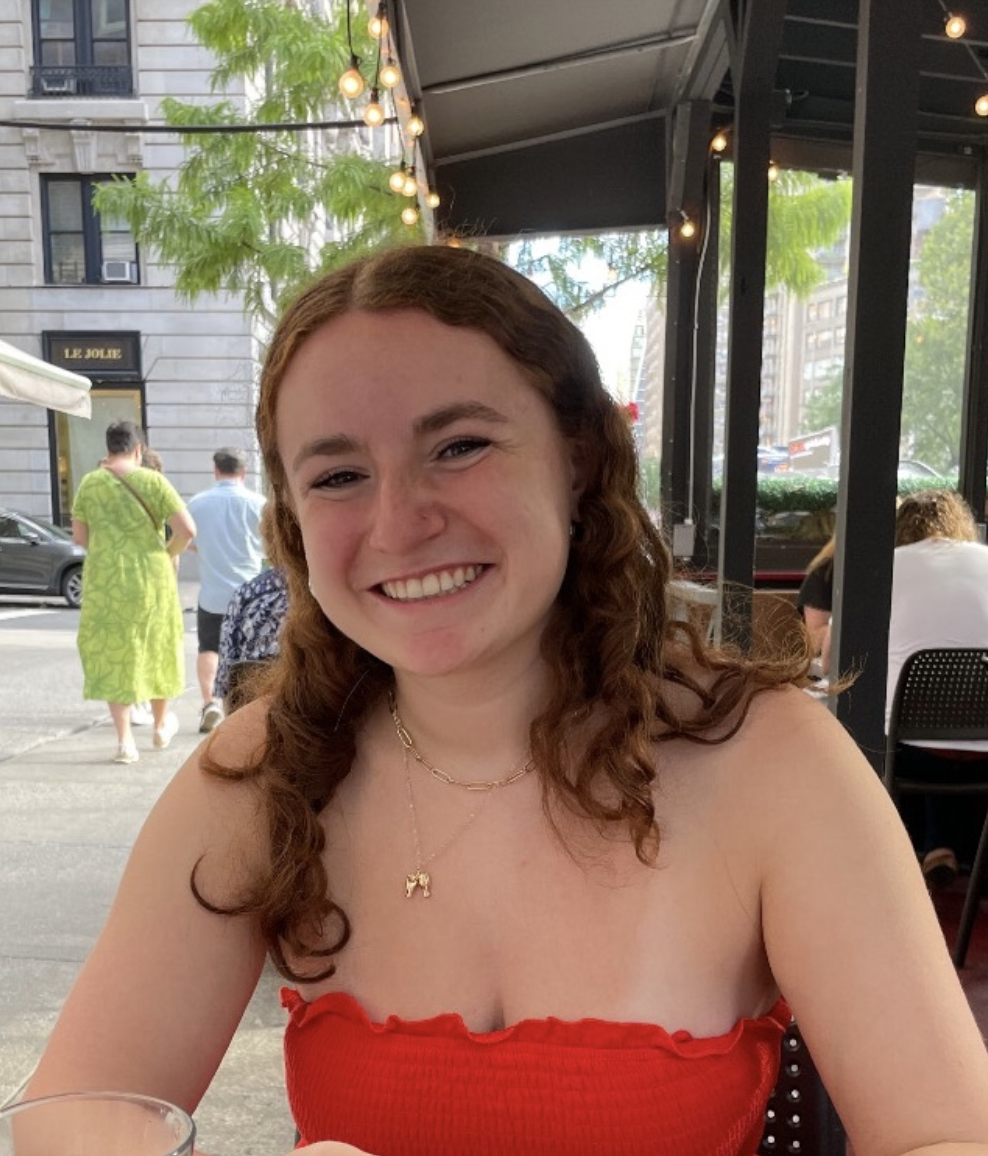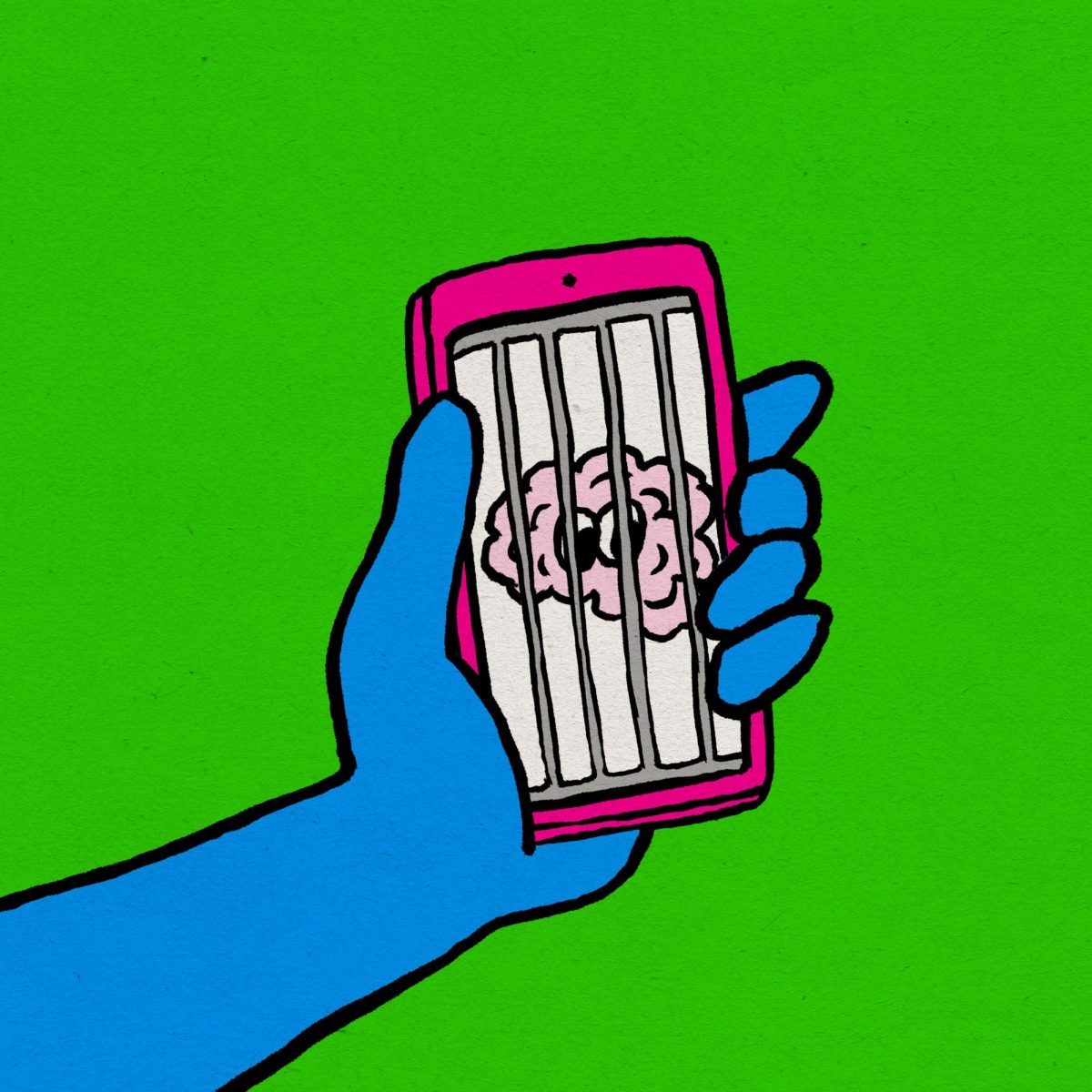On Thursday, Sept. 7, the Madison County community had the pleasure of welcoming indigenous rights activist, professor and author Robin Wall Kimmerer to the Palace Theater for the inaugural lecture of the MADIdeas speech series. This series is a collaborative effort between Colgate University’s Upstate Institute and Cornell Cooperative Extension Madison County.
Robin Wall Kimmerer is the acclaimed author of “Braiding Sweetgrass: Indigenous Wisdom, Scientific Knowledge, and the Teachings of Plants,” which became a New York Times Best Seller. She holds the position of SUNY distinguished teaching professor of Environmental Biology and serves as the founder and director of the Center for Native Peoples and the Environment. The center’s mission is to develop programs that harness the wisdom of both indigenous and scientific knowledge to promote sustainability. In 2022, she received the prestigious MacArthur Fellowship.
Larkin Podsiedlik, the executive director of Cornell Cooperative Extension Madison County, explained the inspiration behind MADIdeas and Dr. Kimmerer’s speech.
“MADIdeas is an important way to connect local residents with the research and thinking happening at local colleges. We were thrilled to kick off the event with a high-profile speaker on important environmental issues. Dr. Kimmerer’s thinking about how we engage with the natural world is deeply connected to our work in Extension.” Podsiedlik said.
During Dr. Kimmerer’s lecture, she delved into the intersection of her roles as a knowledge holder from the Citizen Potawatomi Nation and an ecologist. She shared insights into her work, and the importance of drawing upon both indigenous and scientific wisdom to address issues related to the environment and sustainability. Specifically, she called for a dramatic shift in our perspective on the earth’s resources. According to Dr. Kimmerer, this shift must come through an increased understanding of reciprocity with the earth through honorable harvest, an indigenous practice that protects abundant earth and biodiversity.
Junior Pichi Furiati attended the event and was immensely inspired by Kimmerer’s words.
“Professor Robin Wall Kimmerer, with the most radiant smile and the most calm of energies, reminded me of the necessity for reciprocity,” Furiati said. “Her talk not only reconnected me to the reasons why I resonated [with] the message of ‘Braiding Sweetgrass,’ but it served as a reminder of what we should strive to do as a world society. The responsibility of gratitude is – at least to me – a pillar of basic empathy, so why do we lack it when it comes to Nature?” Furiati said.
The lecture was followed by a brief question and answer session and a book signing event on the second floor of the theater.
MADIdeas is predominantly held on the first Thursday of every month from September through May. The lecture series is free and open to the public, with pre-registration available online.
Colgate University is involved in the series through the Upstate Institute, a center that works to connect Colgate University resources with the regional community.
Julie Dudrick is the associative director of the Upstate Institute at Colgate University.
“The Upstate Institute works with local organizations to develop collaborations that inform and support the region, and this is a perfect example of our work,” Dudrick said. “Cornell Cooperative Extension brought the idea of developing an accessible speaker series for the community to us and we were interested in working with them from the start to create MADIdeas. We have resources to bring scholars from several institutions to share their research, and CCE can develop a broad audience of folks interested in science, agriculture, public health and the environment, and together we can offer a great new community asset,” Dudrick said.
The next installment of the series will be on Thursday, Oct. 5, featuring Professor of Biology and Environmental Studies Tim McCay speaking on invasive jumping worms. More information on the MADIdeas lecture series can be found on the Cornell Cooperative Extension (CCE) Madison County website calendar.


